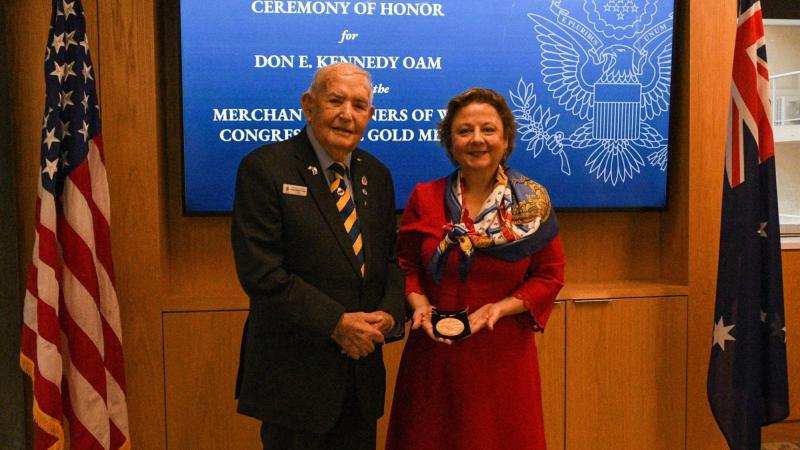The Federal Court has today provided further reasons as to why the Parliament needs to pass the Ensuring Integrity laws, handing the CFMMEU and two officials over $50,000 in penalties after being found guilty of engaging in coercion.
In determining the case ABCC v Construction, Forestry, Maritime, Mining and Energy Union (The Bay Street Case) (No 2) [2019] FCA 1859, the Court found that the union had organised industrial action in an attempt to coerce the company, after it had queried whether the officials had followed proper entry rules – a position from which it “ultimately relented because [the company] did not want to antagonise the CFMMEU.”
In handing down the penalties decision, Justice Bromberg criticised Senior CFMMEU leaders for condoning the illegal conduct, stating:
“I do, however, consider that the evidence before me permits an inference that the senior leadership of the CFMMEU or more particularly the Construction and General Division (Victoria/Tasmania Divisional Branch) of the CFMMEU (“Divisional Branch”) of which Long and Benstead are officials, condoned the contravening conduct and was therefore involved in that conduct.”
His Honour added to the already extensive list of judicial observations to the effect that penalties and fines are apparently treated by unions as a ‘cost of doing business’ and noted:
“In contrast, there is evidence about the financial means of the CFMMEU and even if I were only to take into account the revenue and net assets of the Divisional Branch, the CFMMEU has the financial capacity to pay very substantial pecuniary penalties.”
The unrelenting and unlawful conduct off the CFMMEU was again emphasised, causing His Honour to cite an earlier decision passage as being apposite:
“The CFMMEU, and in particular the Divisional Branch, has an appallingly long history of prior contraventions of industrial laws. The Commissioner relied on a document setting out that prior history, the accuracy of which was not challenged by the CFMMEU. The Commissioner’s analysis shows that the CFMMEU has regularly been involved in the contravention of provisions of the FW Act or the BCCII Act which have attracted pecuniary penalties. The document shows that the CFMMEU has been ordered to pay very significant penalties in relation to those contraventions including many very close to (or at) the maximum available penalty. The document and the updating of it, records over 140 proceedings in which penalties for contraventions of industrial laws dating back to 1999 were imposed.
Many if not most of those cases involve multiple contraventions. Over 100 of those cases deal with contraventions that occurred prior to the contraventions here being dealt with. It appears that around 65 of the cases involved the Divisional Branch and around 55 of those cases concerned multiple prior contraventions which occurred prior to the instant contraventions. There can be no doubt that the CFMMEU, through the Divisional Branch, has a significant antecedent history of prior contravening conduct which supports the need for deterrence, particularly specific deterrence. That consideration must loom large in the fixation of appropriate penalties.”
Master Builders Australia CEO Denita Wawn said, “This decision highlights why the current laws need improvement and why the Ensuring Integrity laws are so crucial.”
“Despite the fines and penalties, building unions and their officials continue to break workplace laws and rack up massive penalties – yet senior union leaders don’t lift a finger to stop it,” she said.
“It’s not right that the CFMMEU, despite enjoying all the protections and legal rights it has under the Fair Work regime, continue to deliberately and repeatedly break workplace laws and bully small business almost every day,” Denita Wawn said.
“It doesn’t matter who they are – there is never any reason for any organisation to deliberately and repeatedly break workplace laws to represent the interests of its members,” she said.







